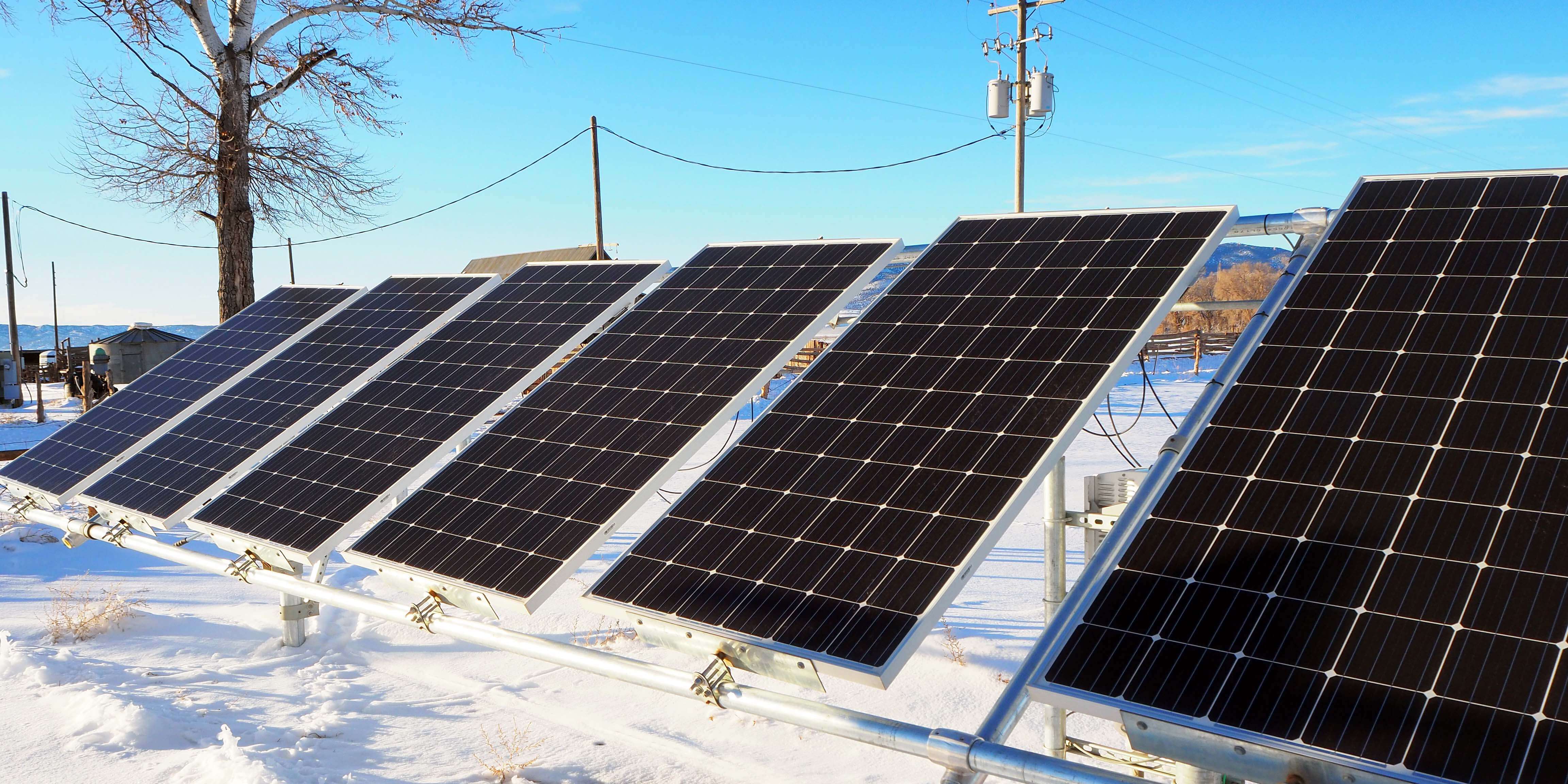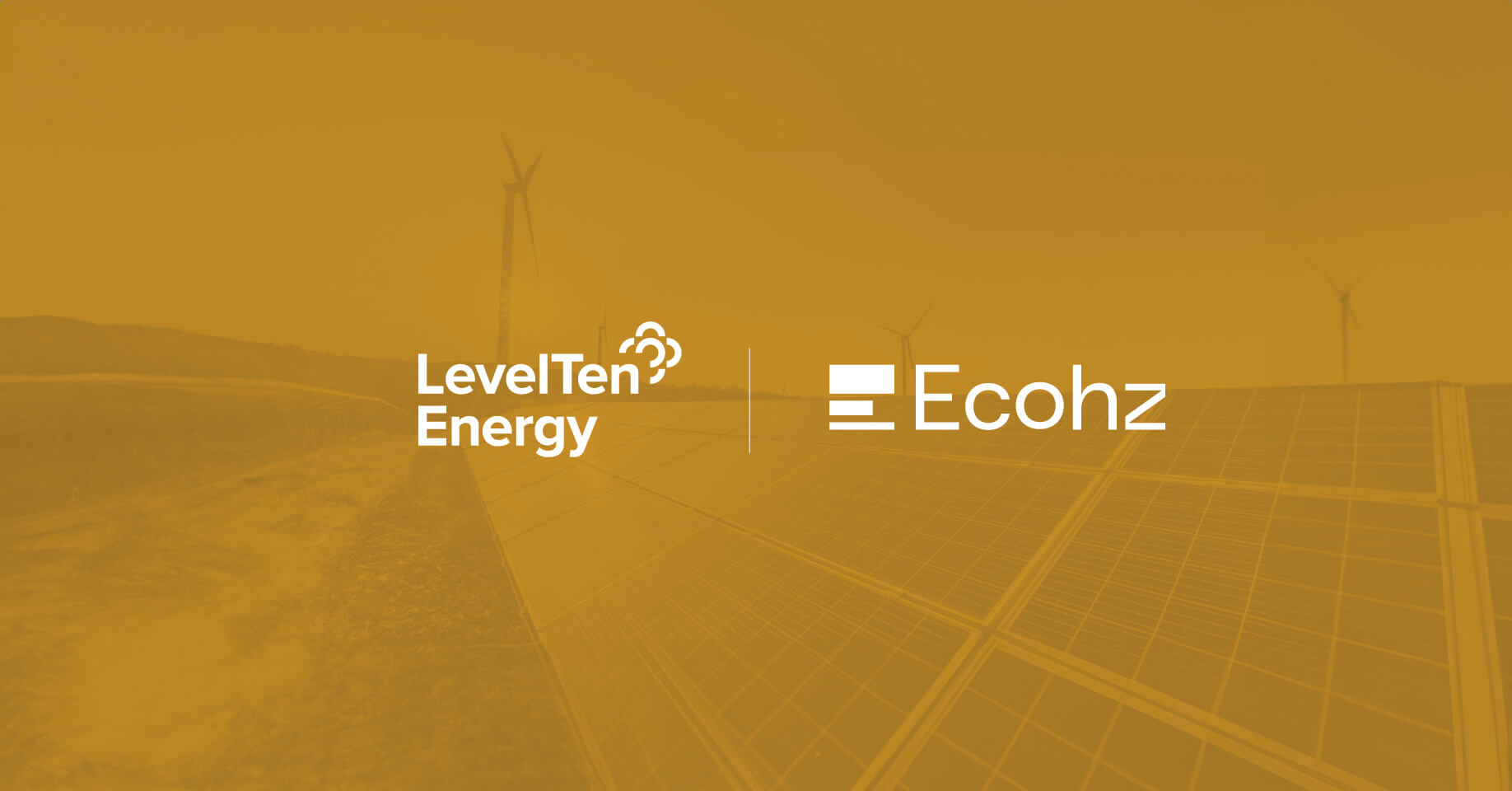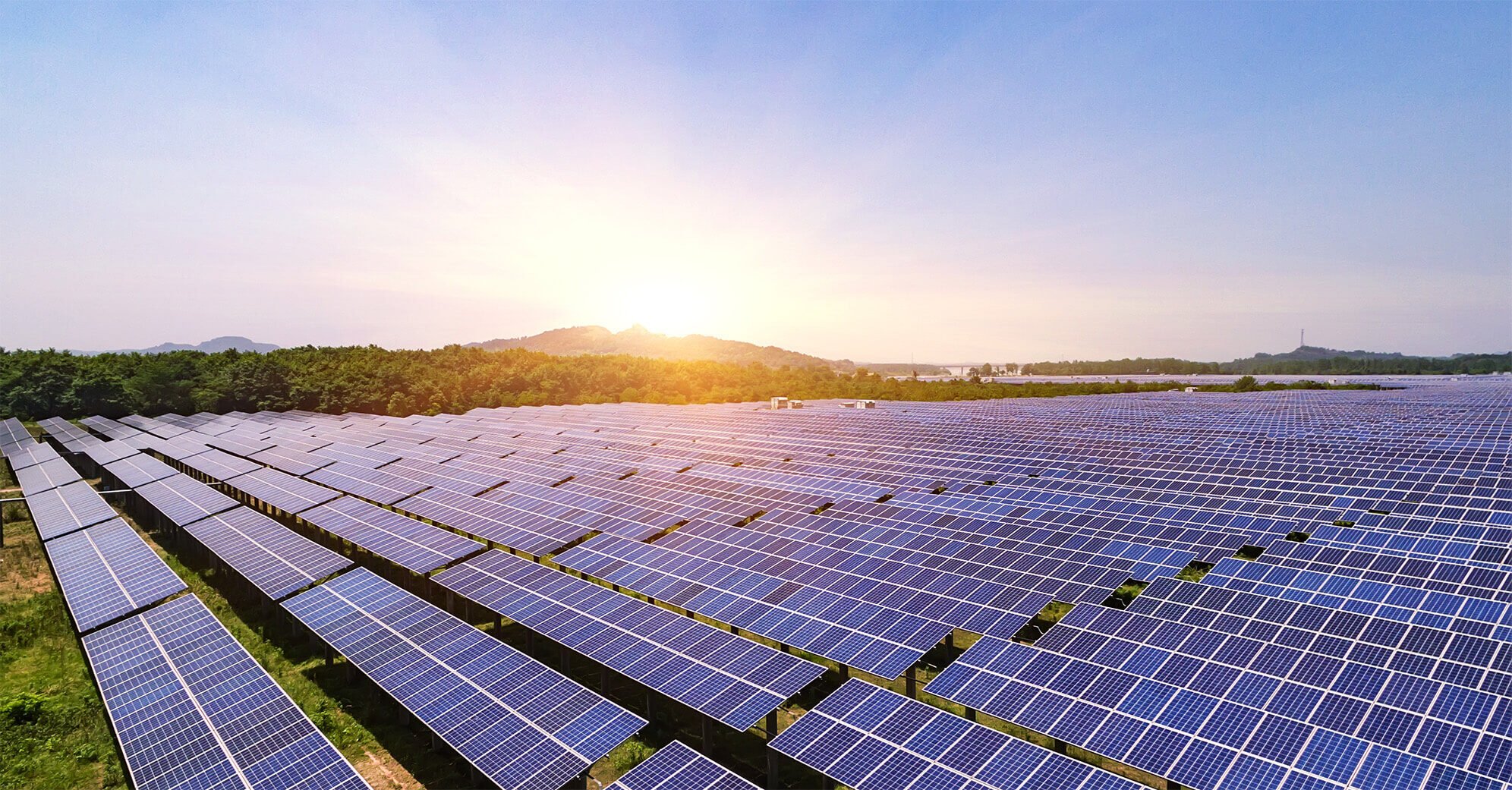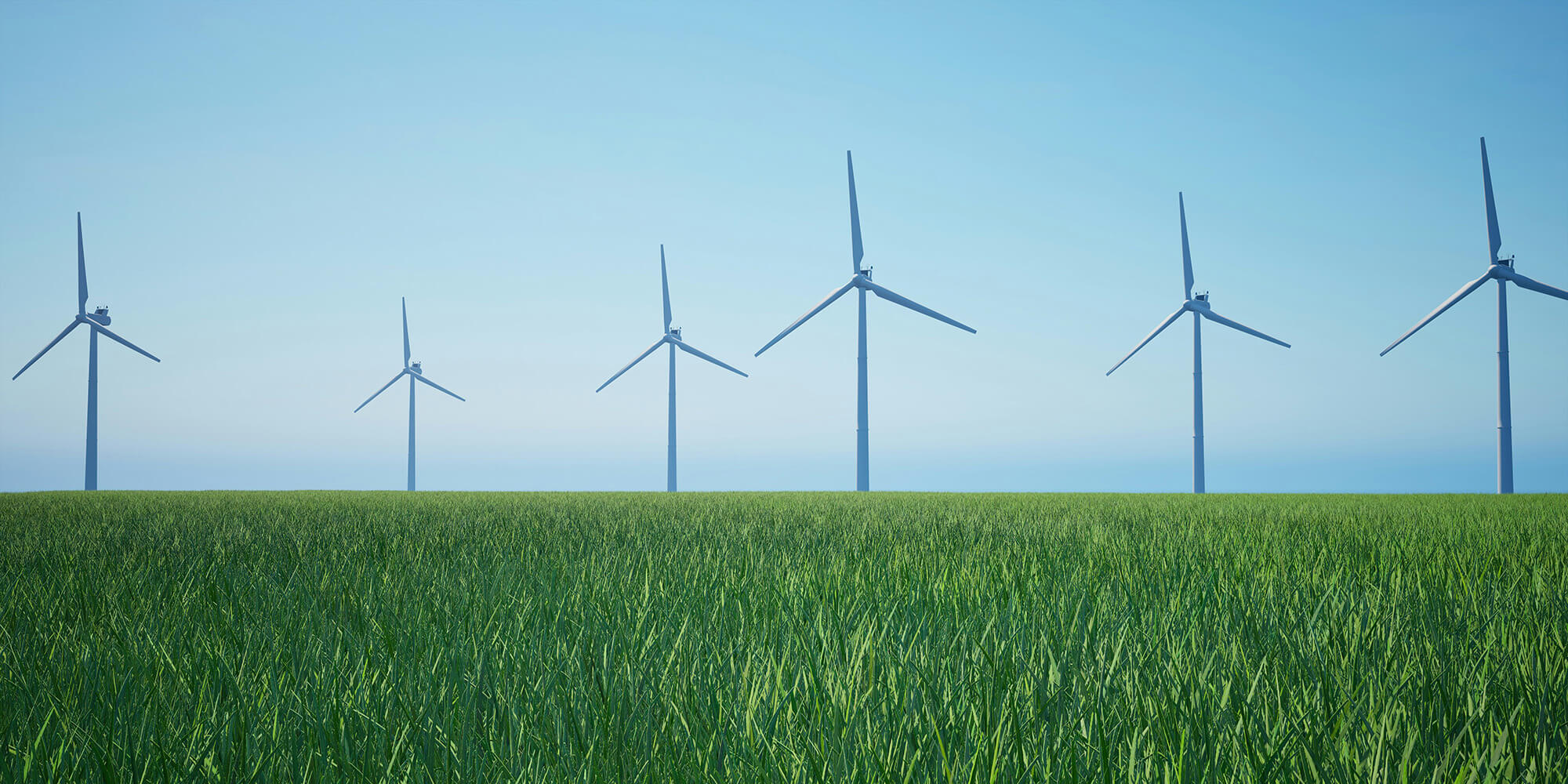“We clearly wish to distribute and use this document with our clients as we believe it will provide some clarity in the market,” says Line Riise Jensen in Ecohz, who has participated in the working group. “We come across the questions addressed in ReGP every day in contact with our partners and customers. An increasing number of corporate end users are implementing global strategies for renewable purchases and there is a need for a recognised and harmonised practice on how to procure, document and report renewable electricity.”
In January 2015, the Greenhouse Gas Protocol (GHGP) Scope 2 Guidance Document was published. This created the baseline for further initiatives around standards for public reporting and disclosure frameworks, such as RE100 technical criteria and CDP Scope 2 annual survey. The ReGP was designed to address outstanding questions and provide additional clarity and insights based upon the best available information and the opinions of leading experts.
The ReGP is a ‘good practice’ guidance document – it does not reflect ‘best practice’ in how to purchase renewables and make associated claims. It focuses on four essential areas, which are; market boundaries, vintage, attribute aggregation and use of attribute tracking systems.
Market boundaries
As a general rule, the electricity should be sourced and consumed within the same energy market. Where no regulated market exists, procuring from the same country and/or national region in which the electricity is being claimed would also be acceptable. If no reliable tracking instrument system exists the solution could be to procure attributes from a nearby geographic area. This is in line with the recent ISO 14067 discussions regarding market boundaries.
Vintage
Electricity should be consumed as close to the time of production as possible. This generally means that consumption in a specific calendar year should be matched with production in that same calendar year. Exceptions to this general rule with regards to fiscal years, reporting years and validity of certificates may apply.
Attribute aggregation or Full attribute ownership
According to good practice as defined in this document, the electricity procurement should contain all the social, environmental and energy attributes related to the electricity production. In other words; it is important to ensure that the same MWh has not received the rights to a carbon offset/avoided emission statement, even though this may have been allowed by the certificate tracking system and offset provider.
Quality criteria for attribute tracking systems
The ReGP specifies Energy Attribute Certificates issued in defined systems where it is possible to make a reliable and robust claim. Currently, the tracking systems adhering to this guidance are:
- The United States REC system
- The European Guarantee of Origin system
- Tracking systems that adhere to the International REC Standard
Other systems are under consideration and are listed in the document.
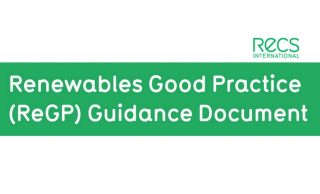 The document refers to a number of other important issues such as Power Purchasing Agreements (PPAs), Good practice vs Best practice and the role of additionality, regulatory surplus, avoided emission statements and third party verifications. This is a living document so any changes, recommendations and updates are welcome and will be received and managed by RECS International.
The document refers to a number of other important issues such as Power Purchasing Agreements (PPAs), Good practice vs Best practice and the role of additionality, regulatory surplus, avoided emission statements and third party verifications. This is a living document so any changes, recommendations and updates are welcome and will be received and managed by RECS International.


.png?width=3840&height=2560&name=Sun(1).png)

.png?width=3840&height=2560&name=Landscape_2(1).png)

